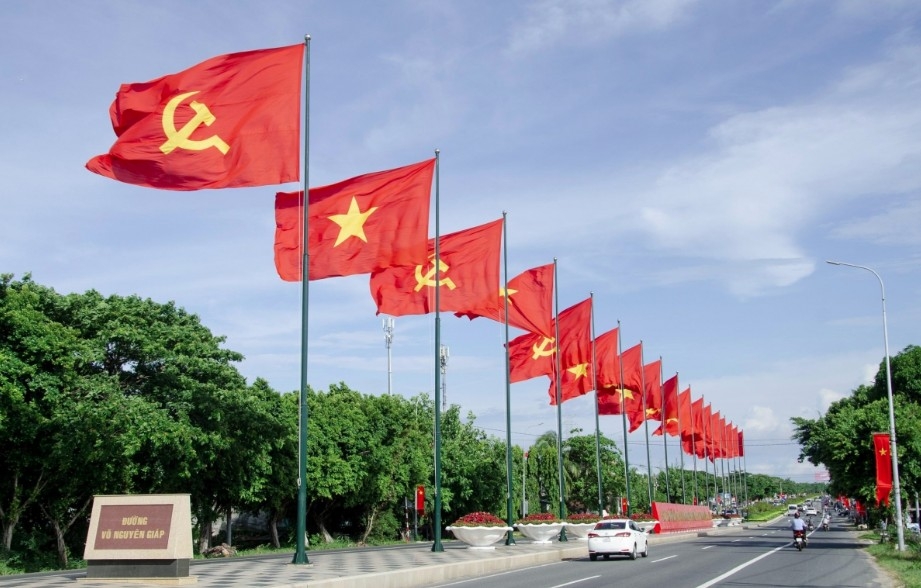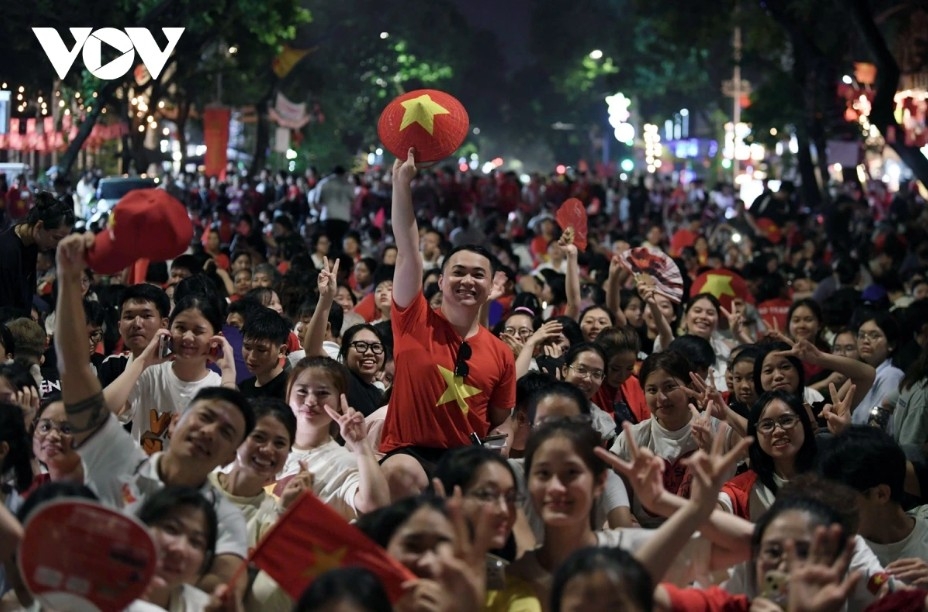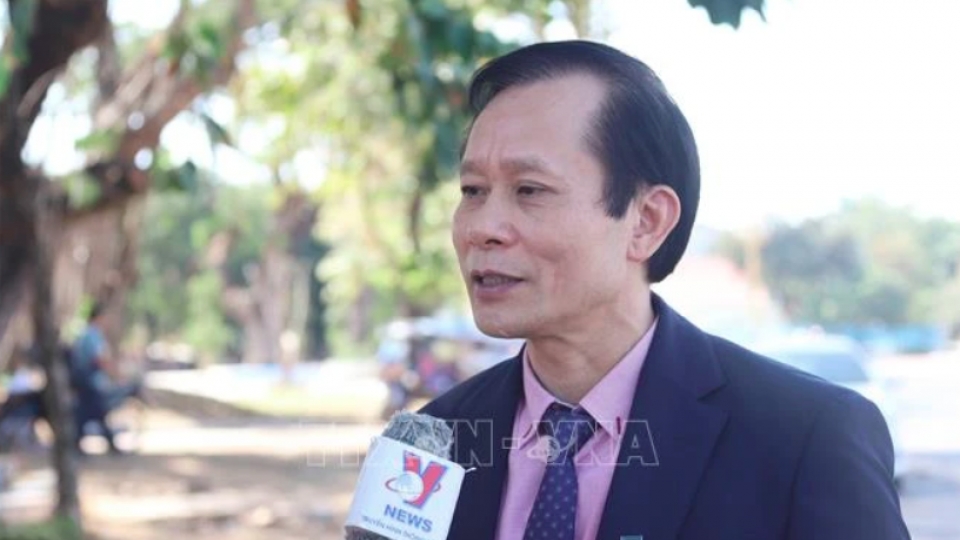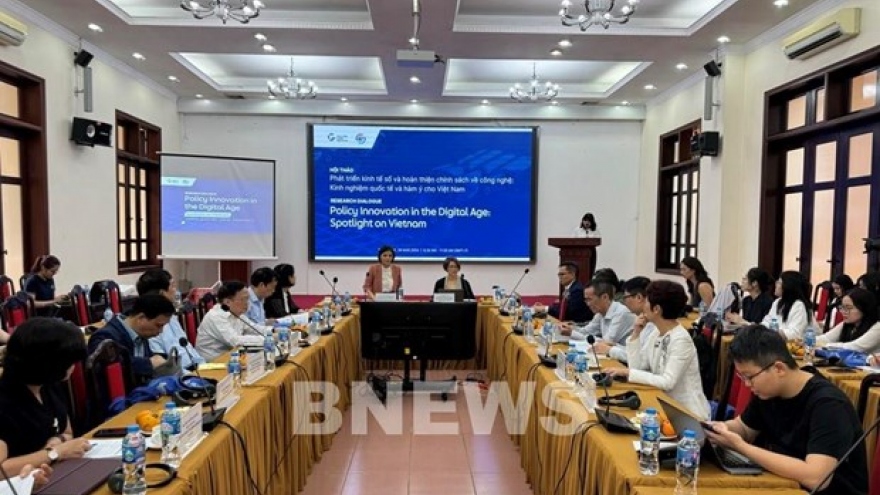Vietnam hailed by international experts for turning the impossible into possible
VOV.VN - The country’s remarkable achievements in socio-economic development have been highlighted in official reports and widely recognized by experts, scholars, and international media.

Eighty years after the August Revolution and the National Day of September 2, 1945, Vietnam has risen strongly to become one of the world’s fastest-growing economies. The country’s achievements have been widely acknowledged and positively assessed by the academic community and international observers.
Dr. Rainer Zitelmann, author of the book How Nations Escape Poverty, noted that Vietnam’s landmark reforms since the Doi Moi (Renewal) process in 1986 have laid a solid foundation for today’s development. He emphasized that the country has demonstrated to the world a successful example of applying a socialist-oriented market economy, particularly in promoting the private economic sector, which has become a driver of growth and sustainable poverty reduction.
According to Zitelmann, Vietnam, with a population of 100 million, an open market integrated into globalization, the presence of global brands, and a favorable business environment, is pursuing its socialist path while emerging as a success story in development, as recognized by the World Bank. He added that Vietnam is now considered among the most dynamic emerging economies, offering countless opportunities for hardworking people and ambitious entrepreneurs. Since the start of Doi Moi in 1986, the country’s GDP per capita has seen a six-fold increase.
The Financial Times, in a recent analysis, also underlined Vietnam’s stable growth over more than three decades, averaging about 7% a year- an achievement attained by very few developing countries. According to the analysis, the factors behind Vietnam’s success include political stability, a strategic geographical position in global supply chains, effective foreign investment policies, and a skilled young workforce.

Clement Ngu, a journalist fromNikkei Asia, in a commentary marking the 80th anniversary of Vietnam’s National Day, expressed his admiration for the country’s development journey. He particularly highlighted Vietnam’s impressive achievements in education, with outstanding results in mathematics, reading, and writing at the primary and secondary levels, an area highly valued by many international corporations. This, he stated, has provided the foundation for Vietnam’s gradual transformation from a manufacturing hub into a center for technological research and development (R&D).
Ngu reflected that although 80 years is a long period of time, Vietnam has consistently demonstrated its ability to turn the impossible into possible. Whenever doubts were raised about its capacity to succeed, the country found ways to break through. He recalled how this spirit was evident in the leadership of the 1940s and 1950s, in the resistance war against the United States, and later in the post-war years, when Vietnam confronted poverty yet refused to yield, surpassing expectations. He stressed that Vietnam managed to achieve great progress, even before the development goals set by the United Nations came into place.
Professor Hal Hill from the Australian National University assessed Vietnam as a typical success story among developing countries, while also cautioning that to avoid the middle-income trap, the country needs to continue institutional reforms, foster innovation, and improve governance quality.
From a diplomatic perspective, Pierre du Ville, Chief Representative of the Wallonia-Brussels Delegation (Belgium) in Vietnam, considered Vietnam an important bridge between ASEAN and the European Union (EU).
He praised Vietnam’s commitment to multilateralism and international responsibility, especially in tackling global challenges such as the COVID-19 pandemic and sustainable development. According to him, Vietnam has always played a dynamic and active role, and Belgium continues to support the country in these endeavors.
Pierre du Ville said Vietnam and Belgium share many similarities: both seek to advance multilateral cooperation beyond the bilateral framework and actively take part in international organizations to help tackle global challenges. He recalled that during the COVID-19 pandemic, international solidarity made it possible to overcome difficulties and prepare better for those ahead.

He argued that strengthening multilateral ties would help build a safer, more equal, and more united world. In that spirit, he called for a cooperative approach that is open and inclusive rather than closed or individualistic. He added that Vietnam has consistently played a dynamic and active role in international affairs, and that Belgium fully supports the country’s responsible efforts and contributions.
Vietnam is now the world’s second-largest exporter of rice and coffee, with a GDP of around US$470 billion in 2024 and projected growth of up to 8% in 2025. These achievements stem from the country’s deep integration into the global economy, alongside continuous efforts in science and technology, education, infrastructure development, and administrative reform.
Many international experts believe that with resilience, flexibility, and a clear development vision, Vietnam is capable of achieving its goal of becoming a high-income country by 2045.
On that journey, building an innovative, green, and inclusive economy will be the key for the nation to further solidify its position in the international arena.




